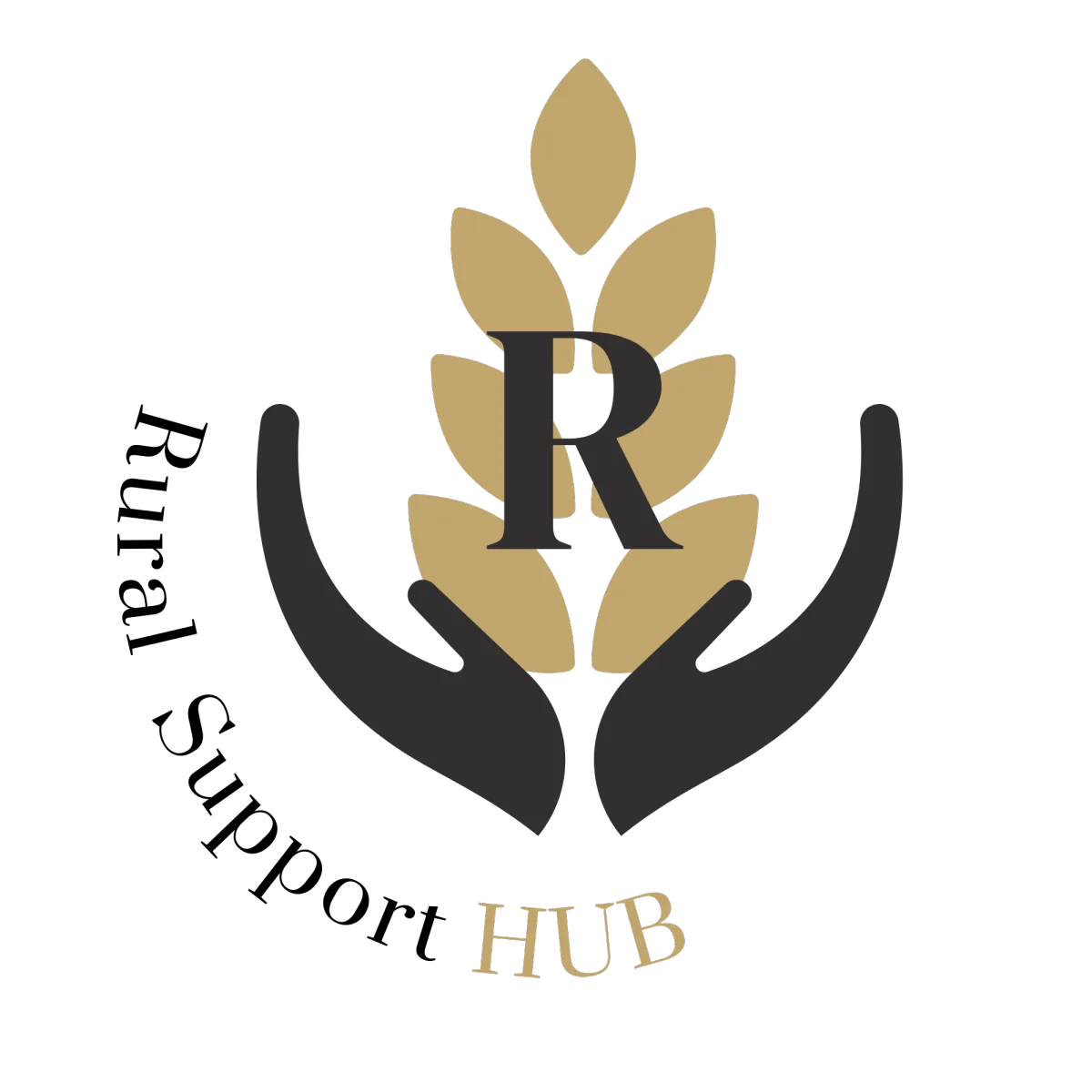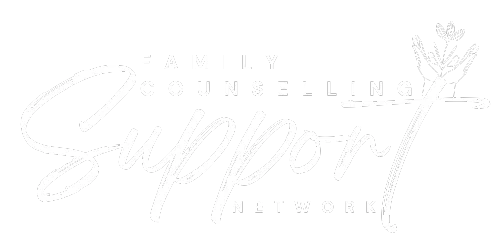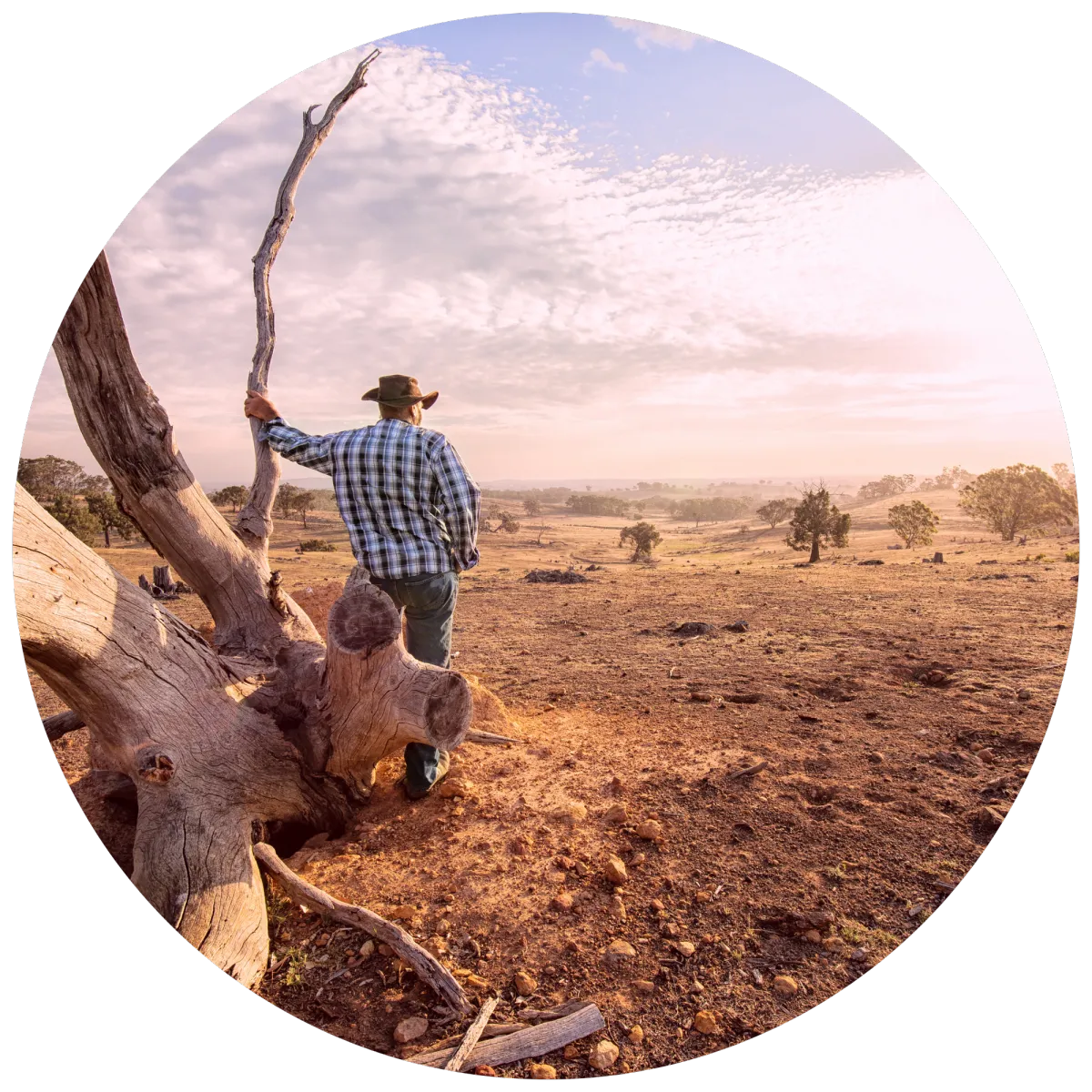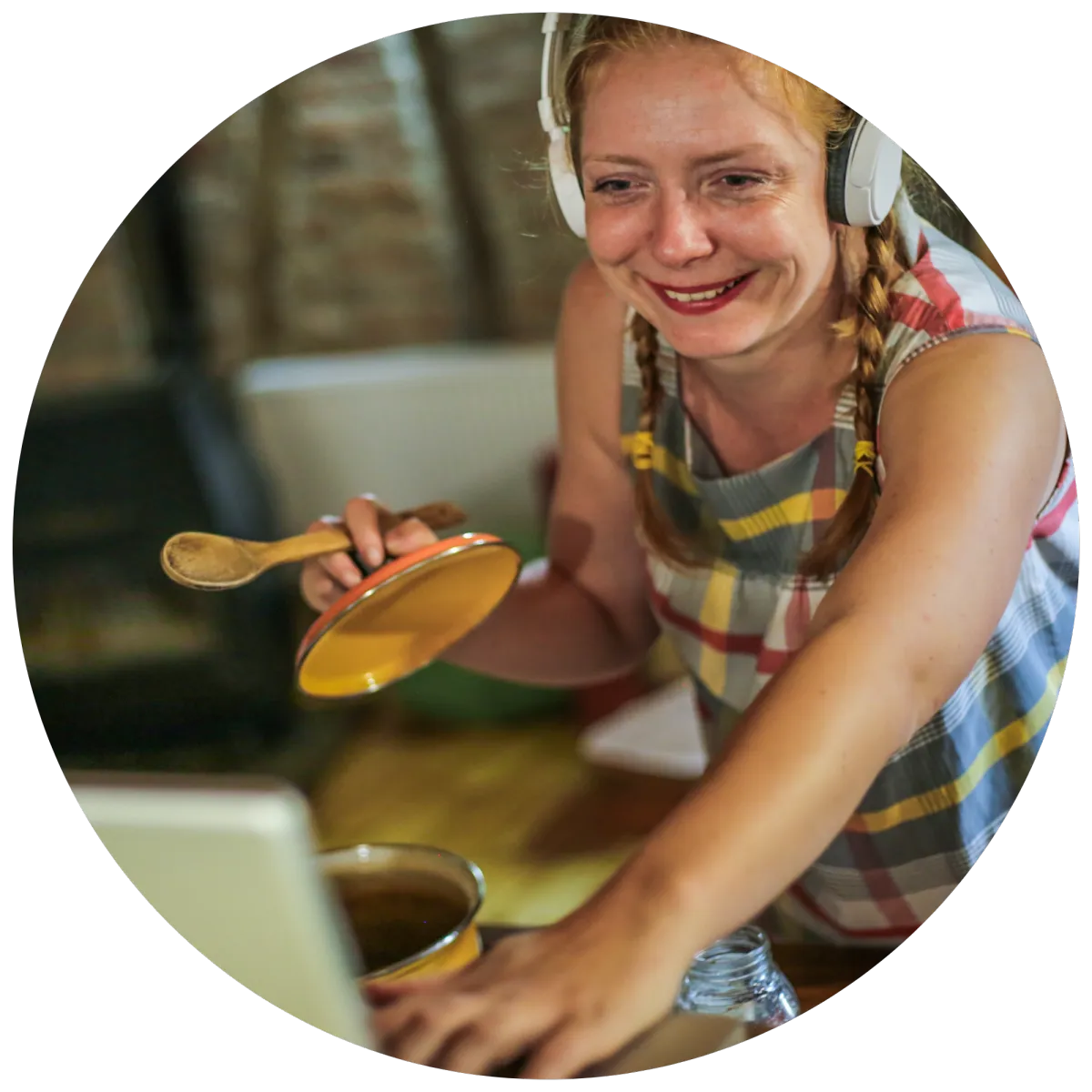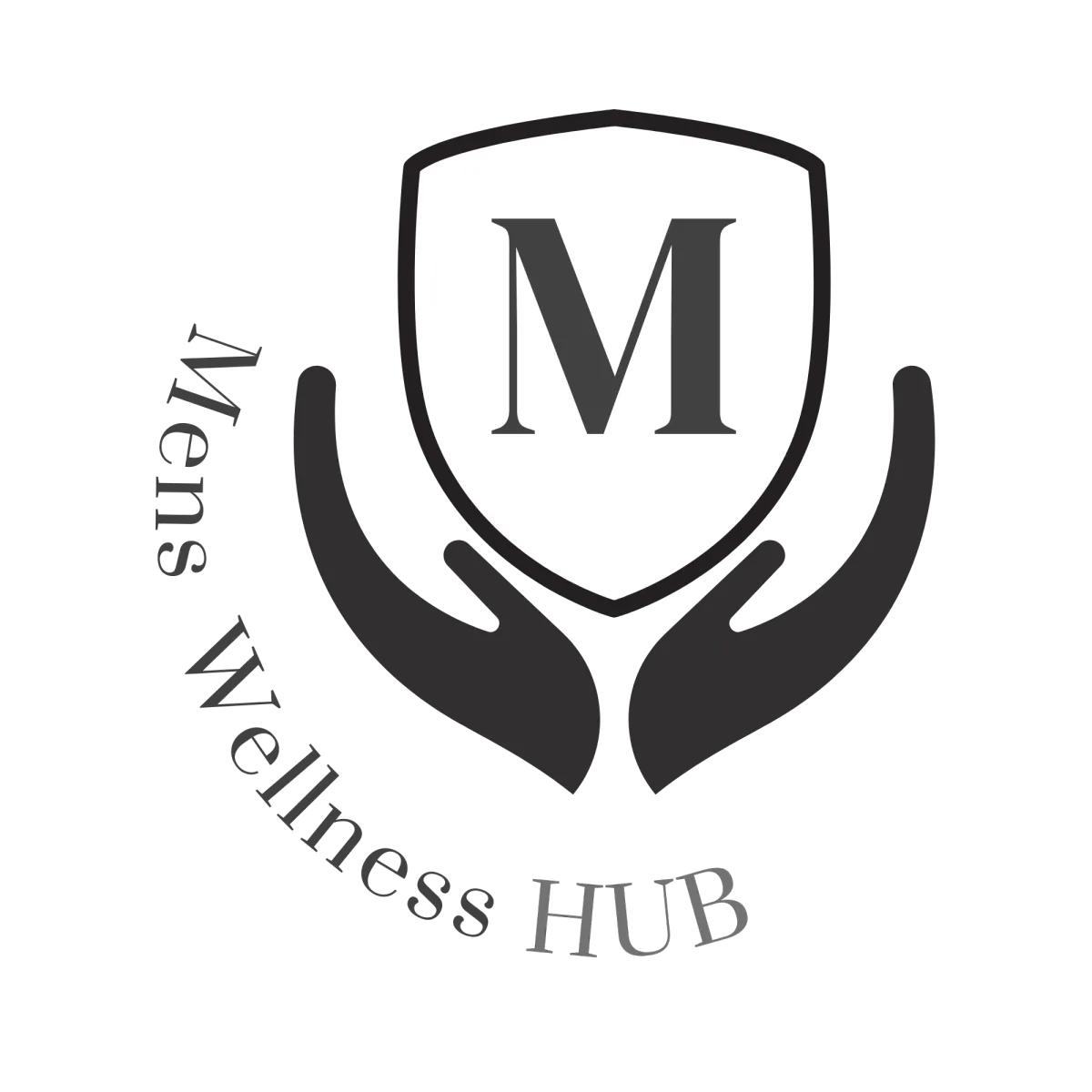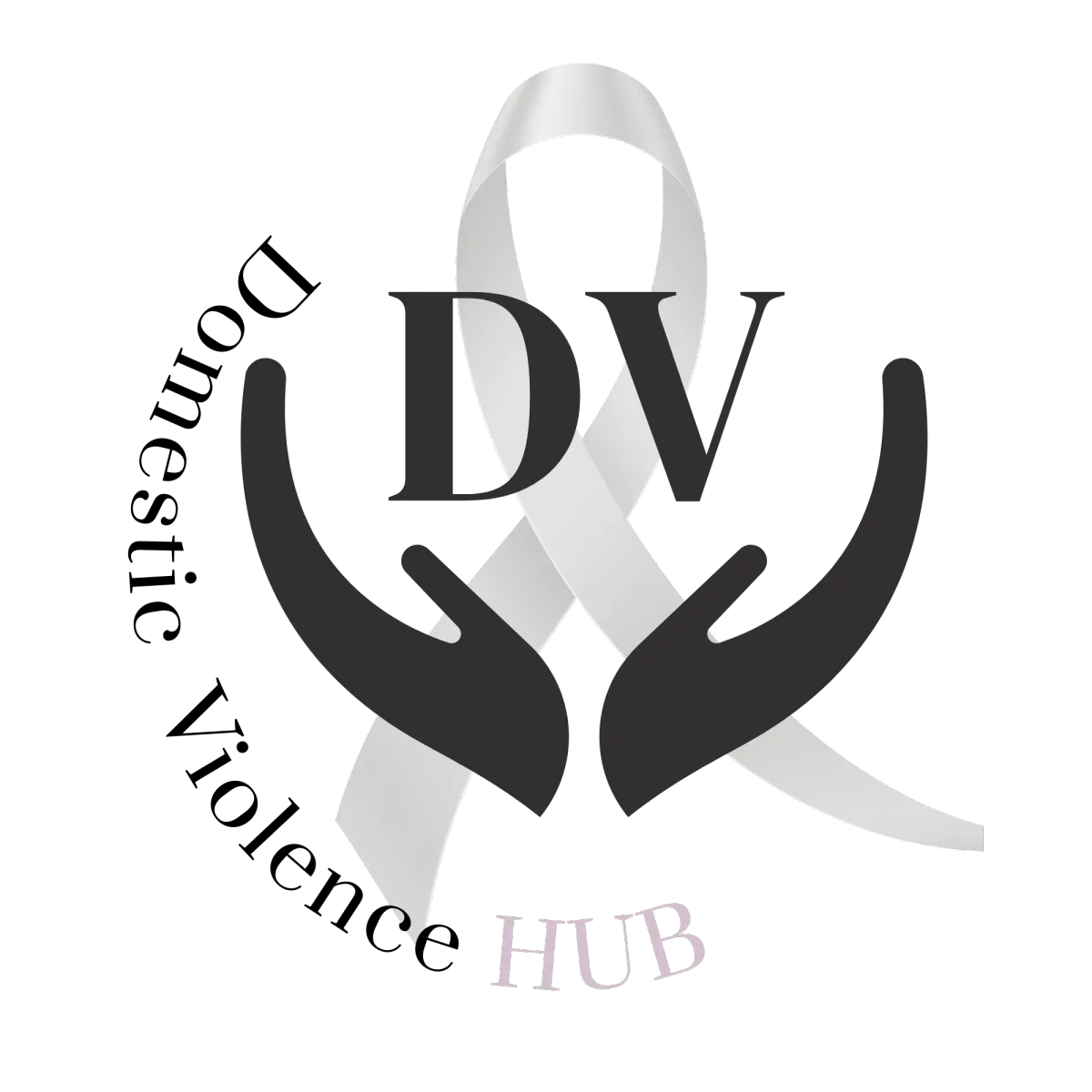Online Support Services
This website is under construction
Rural Women's Support hub is part of the Family Counselling Support Network company
which offers Australians health and wellness support no matter who, where and why.

We know that accessing the support services you need can be bloody tough and frustrating. We recognise the barriers and unique challenges of providing women's health care in rural, regional and remote Australia and the importance of trying to ensure consistent and timely access to equitable, quality services where possible.
Rather than spending countless hours trying to search on-line to find the services if and where they are available, Rural Women's Support Hub is dedicated to help connect rural women in particular, to key services and products that will at least help them source help they need, as close in location, or on line as possible.
HEALTH SUPPORT
Overview:
Emergency medical help - physically or mentally
Planning ahead
Symptom checkers
Health Direct helpline (all states) - GP services plus
My Health Records
Medicare and Private Benefits
Getting a Chronic Disease Management Plan (CDMP)
Getting a Mental Health Plan
Work injury and workcover
Travelling to medical and health services
Aboriginal and/or Torres Strait Islander Health
Maternity specific support and Motherland directory
Dental support
Online physiotherapy, OT, Speech
Optometrist and Audiologist?
Addiction support services
Webinar support
(health direct.gov.au)
EMERGENCY medical help
In an emergency call 000 (if physical or mental health emergency)
Royal Flying Doctors Service Provides emergency aeromedical evacuation
services, medical consultations and supplies
and dental and mental health outreach services
to rural and remote Australia
24 hours/ 7 days a week
Phone
Northern Territory
South Australia
Rural Health
Gyno/Ob
Post womens oncology support
Claire Kelly
Perimenopause & Menopause support
Claire Kelly
Katie Young
Womens Wellness and Menopause Hub
Gidget
Motherland
Health Direct - Queensland rural and remote health services directory
Telehealth
Dietician - tree of life nutrition.com.au
State/Territory assistance:
Queensland -
Pregnancy, Birth and Baby video call service
Queensland Telehealth
Royal Flying Doctors Service
New South Wales
Northern Territory
South Australia
Victoria
Tasmania
Addictions - refer to mental health
Chemist Products
CHEMPRO - online ordering
MENTALLY
We all take mental health, wellbeing and suicide in rural and regional Australia very seriously. We recognise the people living and working on farms are often subject to climatic, economic and social pressures which can affect their wellbeing, particularly during times of drought.
Mental health issues can include a range of issues...including but not limited to depression, anxiety, eating disorders, financial stress, OCD, Personality disorder, poor sleep, PTSD, severe distress, addictions, trauma,
National Mental Health Support
Lifeline Australia 13 11 14
Beyond Blue 1300 22 46 36
Mensline Australia 1300 78 99 78
Kids Help Line 1800 55 18 00
Suicide Callback Service 1300 659 467
Rural Health Connect
Rural Aid
13 Yarn
Gidget Foundation
Family Counselling Support Network (zoom)
Motherland directory
Head to Health quiz to help understand what you are experiencing and what you can do about it (aged 18 and over) www.headtohealth.gov.au
ifarmwell - go through all the details - free, practical online tool kit to help farmers cope more effecitvely with lifes challenges and get the most of of every day, regardless of their circumstances - help deal with stressful situations and get the most out of your life
LINK TO IFARMWELL Podcasts
State/Territory
EMOTIONAL and RELATIONSHIP SUPPORT
Family Counselling Support Network - zoom with counsellors, psychologist, couples counselling, child counsellors and psychologists
Separation Support Network - online separation and divorce support
Motherland Directory
DV support hub
Mens Wellness Hub
FINANCIAL HARDSHIP
Farmer Assistance Hotline 13 23 16
Services Australia - payments and services for rural Australians
Recovery Connect
Rural Online Support Blogs
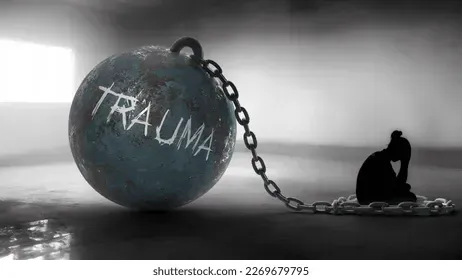
DV trauma can lead to PTSD
Abuse can take many forms, ranging from physical and emotional abuse, sexual assault, verbal abuse, financial/economic abuse, coercive control, and psychological actions or threats meant to harm or influence an intimate partner. It can happen at any age and affects people of all sexual orientations, ethnicities, religions, sexes and socioeconomic backgrounds.
Sadly, abuse victims may experience a wide range of physical and mental health symptoms resulting from domestic abuse trauma, including depression, anxiety, high stress levels, suicidal tendencies, panic attacks, substance abuse disorders, and sexual and reproductive health issues.
When we experience trauma, our brains become micro-focused on what needs to be done next in order to survive - to escape (flight), defend (fight) or immobilise (Freeze). Every other sensory input is essentially put on the back burner while our body and mind dedicates itself to surviving the threat.
Because domestic and family violence is often repetitive and consists of layers of emotional, verbal, psychosocial and/or physical abuse, the compounding affect never enables the mind to have the necessary break to properly process and heal the trauma from one traumatic event to the next, which in turn can cause post-traumatic stress disorder (PTSD).
PTSD is a psychiatric disorder in which a person has difficulty recovering after experiencing or witnessing a terrifying event or due to the compound effect of ongoing trauma.
Symptoms of PTSD are sometimes difficult to establish, as there is often a considerable overlap between PTSD and other mental health conditions but symptoms are normally defined by three overarching categories:
• Avoidance: Avoiding reminders or “triggers” of the traumatic event, such as people, places, smells, sounds, thoughts or events.
• Arousal and reactivity: Sudden inexplicable anger, outbursts, trouble sleeping, always on high alert, hypervigilant, compulsive risk assessment of situaitons, startling easily, paralysing nightmares, or may actually dissociate (check out) shutting down, feeling numb or regularly daydreaming/distant.
• Reliving the event: Being confronted by the emotional trauma of the event suddenly and without an obvious reason, resulting in emotional outbursts, chills, heart palpitations, aggression, extreme anxiety and other symptoms.
Left untreated, PTSD can cause long-term mental health effects, including anger management issues and severe depression and suicidal tendencies, and is believed to increase the likelihood of developing several life-threatening conditions including Type 2 diabetes, heart disease, high blood pressure and substance abuse disorders.
“The likelihood of PTSD increases after a domestic abuse event, and can worsen with recurring exposure to abuse but our patients need to be reassured that the effects can be mitigated through seeking the right support,” says psychologist Sherrin Bell.
Symptoms vary a lot between patients and treating PTSD in domestic abuse victims can be complicated, with no one-size-fits-all treatment. A mental health professional can devise a treatment plan to address specific symptoms but treatment can often be difficult if the patient remains in regular contact with the abuser.
Treatment often involves cognitive behavioral therapy (CBT), which can help victims manage the trauma of their experience. Most CBT based therapies aim to help patients feel safe, regulate their emotions, become more assertive, manage grief and the life transitions that may come with leaving an abuser, and to deal with depression and anxiety. Specialised treatments such as eye movement desensitisation and reprocessing (EMDR) are also reported to be having very successful outcomes for high trauma and PTSD.
Self-care is also really important to the recovery of any level of trauma. In addition to any prescribed medication and receipt of treatment, there are simple lifestyle changes you can make to improve your chance of recovery including:
• Regular exercise to help reduce stress levels.
• Leaning in on a trusted friend or relative for support and resisting the temptation to socially withdraw and isolate yourself.
• Considering what triggers your symptoms and work to better manage or eliminate the triggers and set clear boundaries.
• Get out in the fresh air, listen to great music, work on your sleep patterns, find your passions again avoid alcohol and non-prescribed drugs, eat well and stop the negative self-talk (remember abuse is never the victims fault- ever),
PTSD and high trauma may leave you feeling like you will never recover and return to your former self. But believe us when we tell you that you can move through it and will come out the other side. You need to be kind to you in the process and get the support and therapy you absolutely need. You've got this and it is worth investing in you. x
Rural Support Hub Directory
This site is brought to you by Family Counselling Support Network
Book in with one of our professionals today
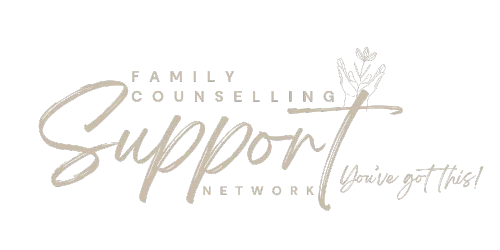
FAQS

We are here to help
Question 1
How can I book your online webinars and courses
Question 2
How can I add our business, event or activity to our directory?

Question 3
How does the parent directory work?


We are committed to protecting your personal information and respecting your privacy. This website uses cookies to analyze website traffic and optimise your website experience. By accepting our use of cookies, your data will be aggregated with all other user data.
DISCLAIMER: The material contained on this website is for general educational and information purposes only and is not a substitute for professional legal, financial, medical or psychological advice or care. While every care has been taken in the information provided, no legal responsibility or liability is accepted, warranted or implied by the authors or Family Counselling Support Network and any liability is hereby expressly disclaimed. For specific advice please contact us at [email protected]. All information contained on the website remains the intellectual property of Family Counselling Support Network and is for your personal educational use only. The information must not be reproduced or distributed without the express permission of Family Counselling Support Network.
Family Counselling Support Network acknowledges and respects the First Nations Custodians of the land where our offices stand, and where we work to help Australians. We pay respects to their Elders, past present and emerging, lore, customs and creation spirits. We recognise that these lands have always been places of ceremony, teaching, research and learning, and we acknowledge the important role Aboriginal and Torres Strait Islander peoples play in our community.
We are committed to providing an inclusive and accessible environment where people and communities of all identities and backgrounds are accepted, safe and celebrated.
Privacy Policy | Terms and Conditions
